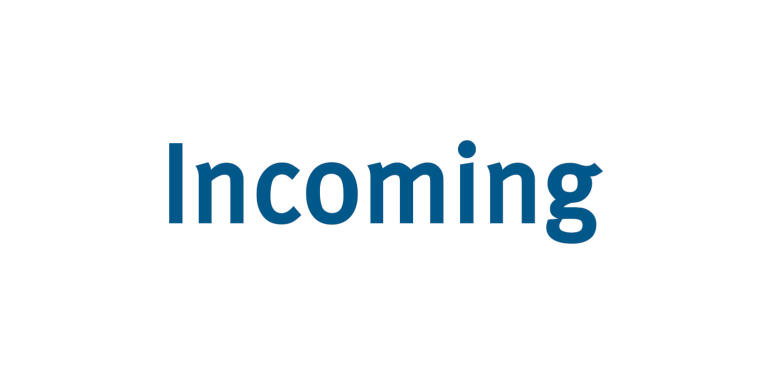

ERASMUS at The Department of Communication in münster (Incoming)
If you are interested in studying at the Department of Communication (IfK) through the Erasmus Program, please contact the International Office of the University of Münster for information on Erasmus stays at our university.
If you have already been nominated for an Erasmus scholarship by your university and are about to start studying at the Department of Communication (IfK), then please read the detailed information about your upcoming Erasmus stay below.
F.A.Q. Incoming:
- "When and where do I have to register for courses?"
- "Which courses can I attend?"
- "Are there any compulsory courses that I have to take in any case?"
- "Can I also take courses at other faculties/departments?"
- "Are the courses at the IfK offered in English?"
- "Where can I find information on ECTS credits?"
"When and where do I have to register for courses?"
The Erasmus Coordinator will send you a form to apply for courses offered by the Department of Communication about two months before the beginning of the semester. To sign up for all other courses, you will need to contact the respective department well before the semester begins.
All courses offered at the University of Münster are listed in the electronic course catalog. All courses offered by the Department of Communication can be found by following the path 'Courses' -> 'Course Overview' -> 'Education and Social Science' -> ‘Social Sciences and Communication Studies’ -> ‘Communication Studies’ -> 'Communication Studies' (’Veranstaltungen’ -> ’Vorlesungsverzeichnis ’ -> ’Erziehungswissenschaft und Sozialwissenschaften’ -> ’Fachrichtung Sozialwissenschaften’ -> ’Kommunikationswissenschaft’). Descriptions of all modules can be found in the module manual (de) of the single subject Bachelor Communication Science.
In addition, you can find a list of all English-language courses offered by the Faculty of Education and Social Sciences, which is compiled exclusively for Erasmus students of Communication Science, Education, Sociology and Political Science every semester. You can view the list here or by following this path: 'Courses' -> 'Course Overview' -> 'Education and Social Science' -> Erasmus/Incomings (Veranstaltungen -> Vorlesungsverzeichnis -> Erziehungswissenschaft und Sozialwissenschaften -> Erasmus/Incomings).
"Which courses can I attend?"
In general, courses can be taken from the following modules:
- Methodenmodul: "Method module"
- Kommunikations- und Medienpraxis I: "Communication and Media Practice I"
- Medienstrukturen und –organisationsformen: "Media structures and forms of organisation"
- Vertiefungsmodul I: Gesellschaft, Öffentlichkeit, Kultur: "Specialisation module I: Society, public sphere, culture"
- Vertiefungsmodul II: PR- und Werbeforschung: "Specialisation module II: PR and advertising research"
- Vertiefungsmodul III: Journalismusforschung: "Specialisation Module III: Journalism Research"
- Vertiefungsmodul IV: Rezeptionsforschung: "Specialisation module IV: reception research"
The two modules “Communication and Media Practice II” and “Research Practice” (Kommunikations- und Medienpraxis II or Forschungspraxis) require very specific prior knowledge and are therefore NOT recommended for foreign guests. However, if there is a great deal of interest in these courses in individual cases, I will be happy to clarify with the respective lecturer whether participation is possible. If the “introductory module” (Einführungsmodul) is to be attended, it is advisable to clarify this with the coordinator of the home university, as these courses are often not recognized by your university.
"Are there any compulsory courses that I have to take in any case?"
No. You only attend the courses that are planned and appropriate for your degree programme at your home university.
"Can I also take courses at other faculties/departments?"
Yes, this is possible. For courses at other departments, please contact the respective department before the start of the semester (and early enough!). The International Office can also advise you on this.
"Are the courses at the IfK offered in English?"
Please refer to the electronic course catalogue for an overview of English-language courses at the University of Münster.
"Where can I find information on ECTS credits?"
All information on ECTS credits can be found in the module manual. The names of the modules correspond to the headings in the electronic course catalogue. This allows you to find the ECTS credits for each course.

